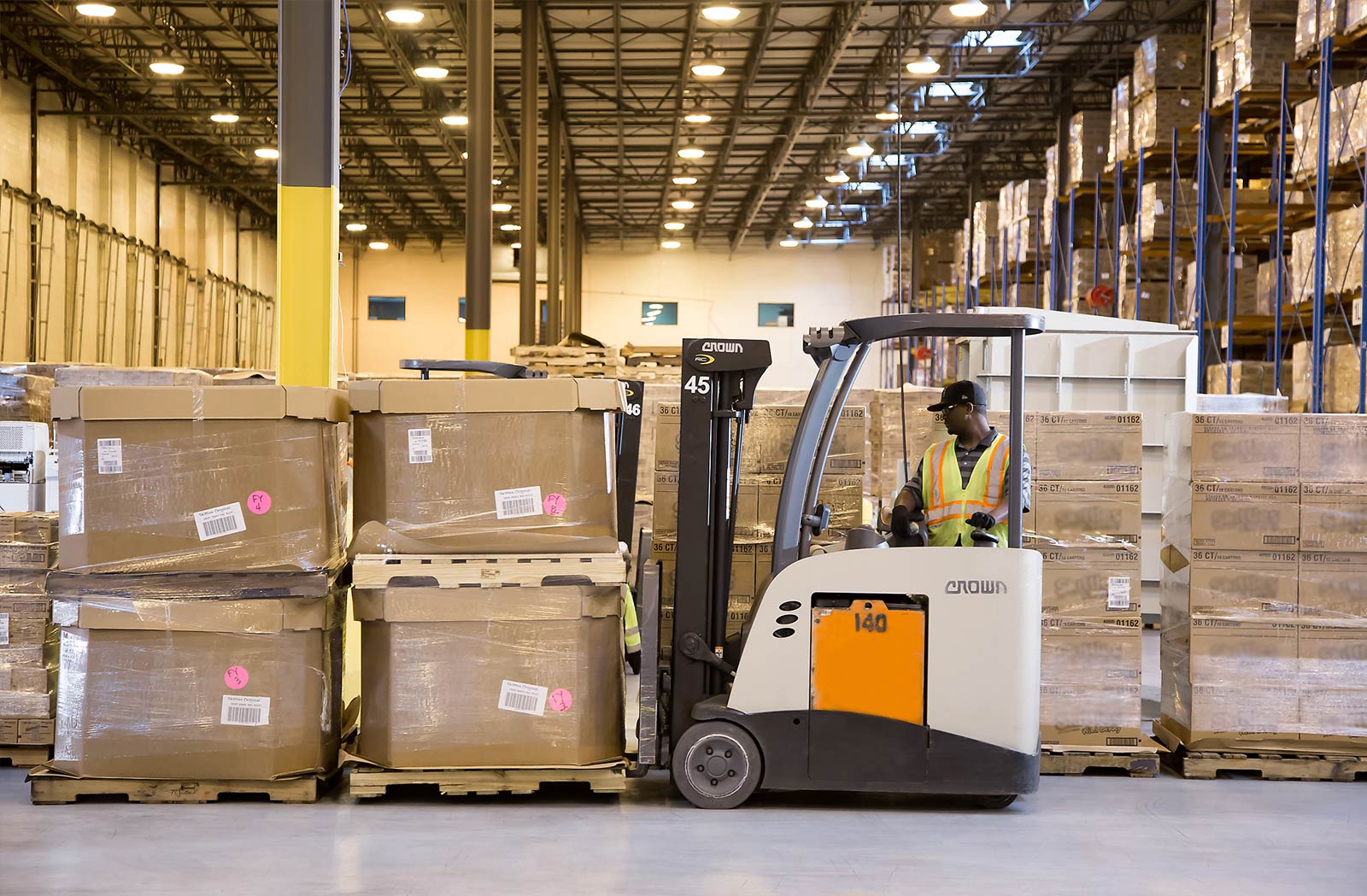Packing Jobs
Explore packing jobs in various industries offering stable employment and diverse opportunities. Learn about roles in logistics, warehousing, and production where attention to detail and teamwork are valued. Find positions that match your skills and career goals in the growing packing sector.

Workers in packing roles typically handle products ranging from small consumer goods to larger items, preparing them for transport to retailers or directly to customers. The work environment varies considerably depending on the employer, with some facilities offering climate-controlled spaces while others may involve exposure to temperature fluctuations or physically demanding conditions. These positions generally require attention to detail, the ability to follow specific packaging instructions, and physical stamina for standing, lifting, and repetitive movements throughout shifts.
Training is usually provided on-site, making these roles accessible to individuals without specialized qualifications. The straightforward nature of the work appeals to those seeking employment without extensive educational requirements, though career progression opportunities may be limited compared to skilled trades or professional roles. The sector encompasses diverse employers from small businesses to large multinational corporations, each with different operational practices and workplace cultures.
Jobs Justice and Fair Treatment
Workplace fairness remains a crucial consideration within packing roles. Jobs justice encompasses the right to fair wages, reasonable working conditions, and protection from exploitation or discrimination. In the UK, packing workers are entitled to the National Minimum Wage or National Living Wage depending on age, with employers legally required to provide safe working environments under Health and Safety Executive regulations.
Workers should be aware of their rights regarding break times, maximum working hours as outlined in the Working Time Regulations, and protection against unfair dismissal. Union representation exists in some larger facilities, offering collective bargaining power for improved conditions. Understanding employment contracts is essential, particularly regarding probationary periods, notice requirements, and any clauses affecting flexibility or job security. Those experiencing unfair treatment have recourse through ACAS or employment tribunals, though navigating these systems can be complex without proper guidance.
Work Insurance and Protection
Work insurance encompasses various protections relevant to packing employees. Employers must carry employer’s liability insurance, which covers workers injured during employment. This insurance becomes particularly important in packing roles where manual handling, machinery operation, and fast-paced environments create injury risks. Workers who suffer workplace injuries may be entitled to compensation through this insurance, though claims processes require proper documentation and often legal assistance.
Additionally, some employers offer income protection schemes or sick pay beyond statutory requirements, though this varies significantly between companies. Agency workers in packing roles may have different insurance arrangements compared to directly employed staff, making it important to clarify coverage details. Personal accident insurance, while not mandatory, provides additional financial protection for workers whose household budgets depend on consistent income from physically demanding roles. Understanding what protections exist helps workers make informed decisions about their employment arrangements.
Work Rota and Scheduling Patterns
Work rota arrangements in packing facilities vary considerably based on operational needs. Many distribution centers operate around the clock, with shifts across early mornings, days, evenings, and nights. Shift patterns might include fixed schedules, rotating rotas, or flexible arrangements where workers select available shifts through digital platforms. Understanding rota expectations helps workers assess compatibility with personal circumstances, childcare responsibilities, or other commitments.
Some employers provide advance notice of schedules, allowing better planning, while others operate with shorter notice periods that can create uncertainty. Night shifts typically command higher hourly rates as compensation for unsociable hours, though the physical and social impacts of overnight work should be carefully considered. Zero-hours contracts remain common in some packing sectors, offering flexibility but limited income security. Clarifying whether minimum hours are guaranteed and understanding cancellation policies helps workers anticipate their potential earnings and schedule stability.
Perks at Work and Additional Benefits
Perks at work in packing roles extend beyond basic wages, though the range and quality of benefits vary significantly between employers. Larger companies and those in competitive labor markets often provide enhanced packages to attract and retain workers. Common benefits include pension contributions beyond auto-enrollment minimums, subsidized canteen facilities, free parking, and employee discount schemes for company products.
Some progressive employers offer wellness programs, access to occupational health services, or employee assistance programs providing confidential support for personal issues. Performance bonuses, attendance incentives, or referral payments for recruiting new workers represent additional earning opportunities in some facilities. However, evaluating the realistic value of advertised perks is important, as some benefits may have limited practical use or come with conditions that reduce their accessibility.
Training opportunities, while not universal, can represent valuable perks for those seeking skill development. Forklift licenses, health and safety certifications, or supervisory training may be offered by employers investing in workforce development. These qualifications enhance employability and can open pathways to higher-paid roles within logistics sectors.
Physical and Mental Considerations
Packing work demands physical resilience and mental stamina. Repetitive movements, prolonged standing, and lifting requirements can lead to musculoskeletal issues without proper technique and workplace ergonomics. Employers should provide manual handling training and equipment like trolleys or lifting aids to minimize injury risks. Workers experiencing discomfort should report concerns promptly, as early intervention prevents more serious conditions developing.
The repetitive nature of packing tasks can also affect mental wellbeing, particularly in high-pressure environments with strict productivity targets. Workplace culture significantly influences job satisfaction, with supportive management and reasonable performance expectations creating more sustainable working conditions. Those considering this type of work should reflect on their physical capabilities honestly and assess whether the demands align with their capacity to avoid burnout or injury. Understanding both the physical and mental aspects of packing work helps individuals make realistic assessments about whether this type of employment suits their circumstances.
Conclusion
Packing work represents a significant employment sector across the UK, characterized by accessible entry requirements but physical demands and variable working conditions. Understanding workplace rights, insurance protections, scheduling arrangements, and available benefits enables informed perspectives about this field. While these roles involve physical demands and may offer limited career progression, they serve important functions within supply chains. Those researching this area of work benefit from understanding employer practices, contract terms, and assessing whether the role characteristics align with their personal circumstances and long-term goals.




